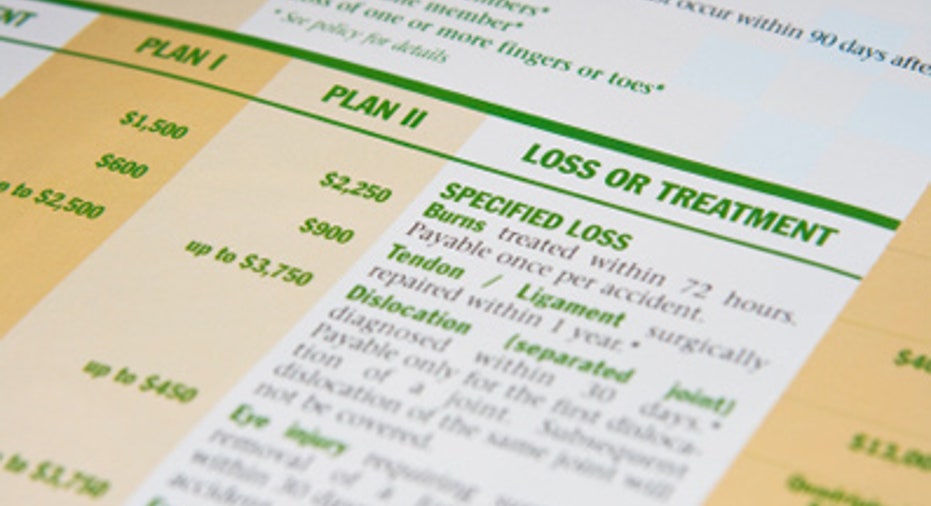Health Insurance for Nuclear Disaster

As health officials in Japan scramble to provide care for those affected by the recent nuclear power plant accident, some Americans are wondering how their own individual and group health insurance plans would handle claims resulting from a similar incident here.
Rochelle Becker, executive director of the nonprofit Alliance for Nuclear Responsibility, says there is no danger of hospitals and other caregivers failing to honor health insurance coverage for illnesses related to a nuclear accident. "You can always get treatment," she says.
Michael S. Gossman, president of the American Association of Physicists in Medicine for the Ohio River Valley region, says the federal government would make sure that insurance companies cover health care costs for radiation victims. Later on, those same insurers might seek reimbursement from those who caused the release of radiation.
The Role of Hospitals and Health Insurance
"The major hospitals will be the centers to handle patients that have radiation problems," Gossman says. Those hospitals will treat victims first and sort out insurance issues later.
Health insurance policies generally would cover the treatment of injuries resulting from an unexpected discharge of radiation, says Susan Pisano, of America's Health Insurance Plans, an industry trade group representing nearly 1,300 member companies. If a special fund were later created to compensate individuals for damages resulting from a nuclear accident, health insurers would apply to offset their own expenses.
"They would go after those funds, but in the meantime you will get your care covered," Pisano says. "The typical approach would be for the care to be covered at the time it is delivered."
The Price-Anderson Act
A program to compensate people for damages and injuries caused by a commercial nuclear accident in the United States exists under the Price-Anderson Act.
Passed in 1957, it ensures that funds are available to satisfy liability claims. It also limits the liability of companies involved in certain nuclear activities, such as power plant operators. There is almost $13 billion in liability insurance protection available to be used in the event of a commercial nuclear accident, the Insurance Information Institute reports.
Becker says nothing in the act limits health care. Health insurance coverage for accident victims "is not a Price-Anderson issue," she stresses.
How Much Would it Cost?
No one has been able to get their arms around the potential health care costs for a nuclear accident. Becker says there are no good figures available for how much medical care might cost following a discharge of radiation in a heavily populated part of the United States.
Besides the current crisis in Japan, the best example of such an occurrence is the 1986 accident the Chernobyl Nuclear Power Plant, in the former Soviet Union. Ira Helfand, a medical doctor in Massachusetts who is past president of Physicians for Social Responsibility, says the officials there downplayed the seriousness of the accident and did not mount a serious effort to tally the true medical costs. In 2006, a Greenpeace study found that the accident had the potential to cause more than a quarter of a million cancer cases and nearly 100,000 fatal cancers.



















